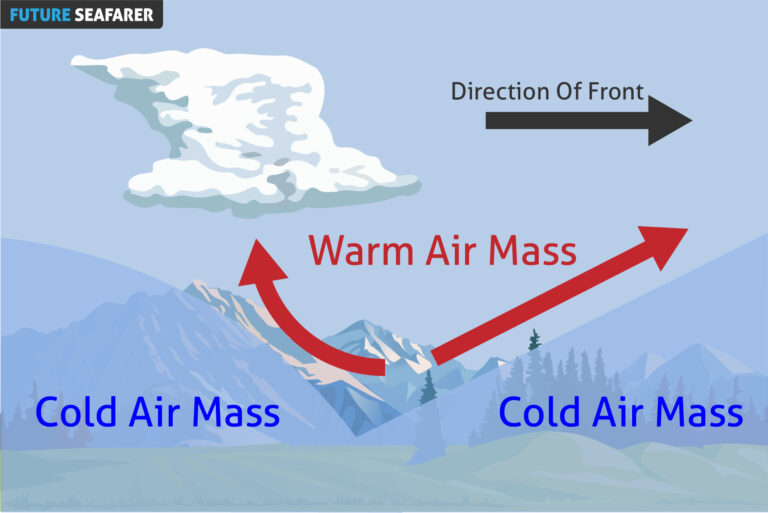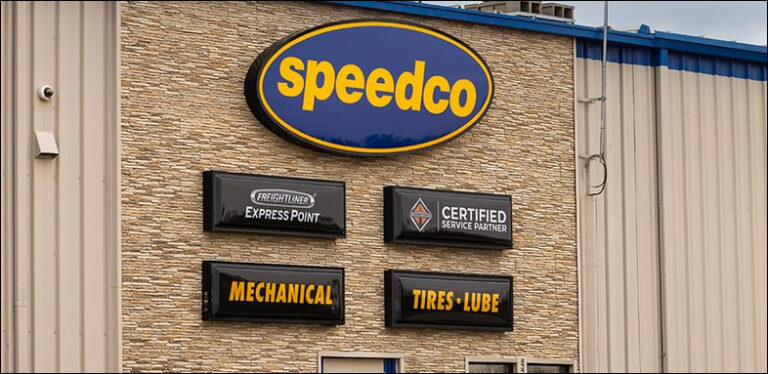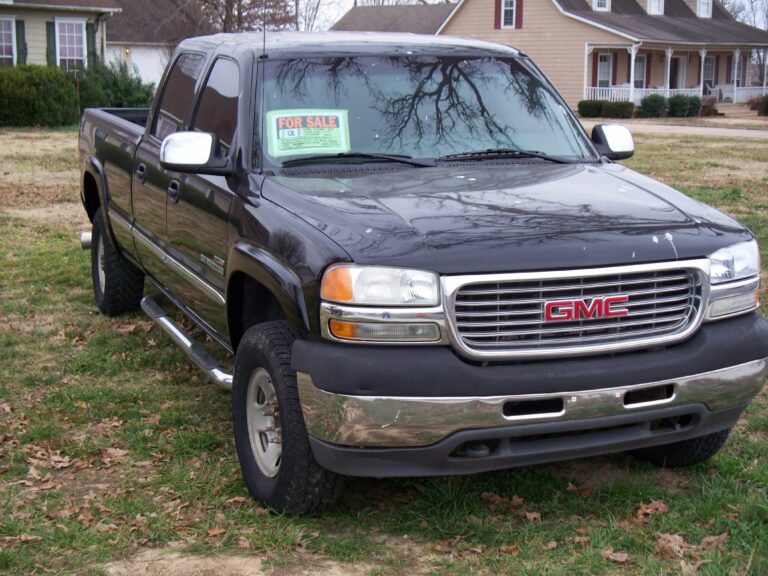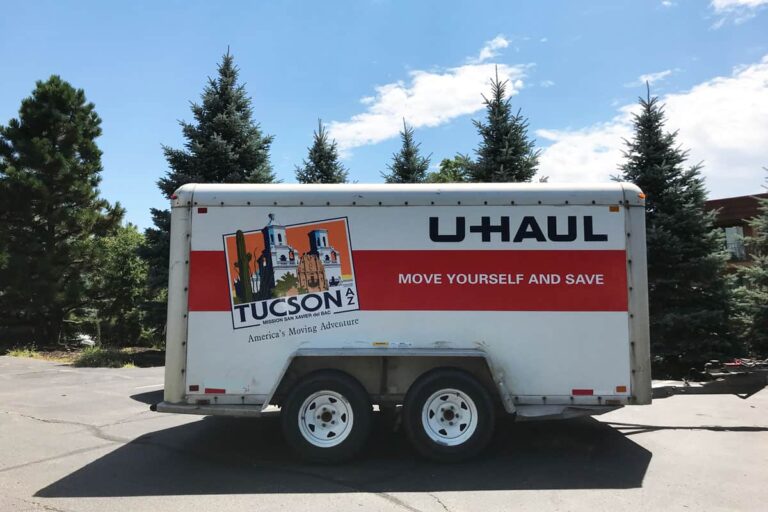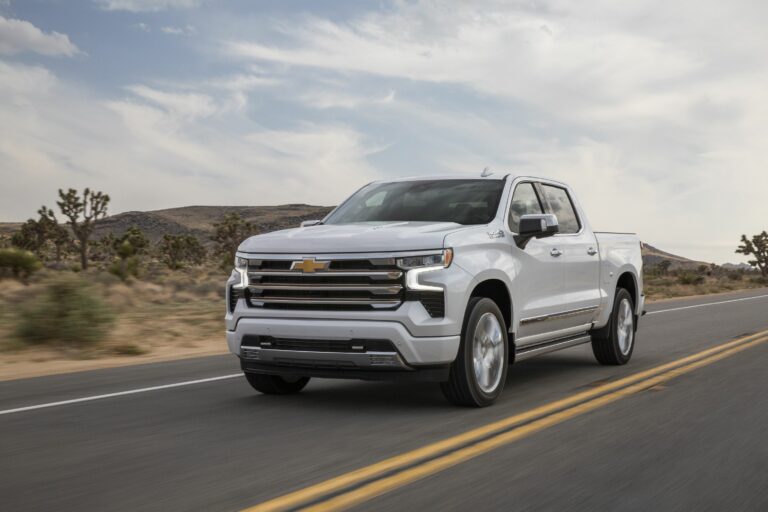3/4 Ton Dually Trucks For Sale: Unpacking the Power and Precision of Heavy Haulers
3/4 Ton Dually Trucks For Sale: Unpacking the Power and Precision of Heavy Haulers cars.truckstrend.com
The term "3/4 Ton Dually Trucks For Sale" often pops up in online searches, conjuring images of massive, stable workhorses ready to tackle the heaviest loads. While the desire for a truck with exceptional towing and hauling capabilities is clear, it’s crucial to clarify a common misconception: true dually configurations (dual rear wheels) are almost exclusively found on 1-ton (or heavier) pickup trucks, not 3/4-ton models.
Manufacturers like Ford (F-250), Ram (2500), Chevrolet (2500HD), and GMC (Sierra 2500HD) produce excellent 3/4-ton trucks, but these are universally equipped with single rear wheels (SRW). When people search for a "3/4 ton dually," they are typically looking for the immense stability, payload, and towing capacity that a dually offers, often for fifth-wheel RVs, large gooseneck trailers, or commercial applications. The actual solution for these needs is almost always a 1-ton dually truck (e.g., Ford F-350 Dually, Ram 3500 Dually, Chevrolet Silverado 3500HD Dually, GMC Sierra 3500HD Dually).
3/4 Ton Dually Trucks For Sale: Unpacking the Power and Precision of Heavy Haulers
This comprehensive guide will delve into what makes these heavy-duty dually trucks indispensable, why they are the go-to choice for serious hauling, where to find them for sale, and what to consider before making this significant investment.
What Defines a Dually Truck (The Real Heavy Hauler)?
A dually truck, formally known as a dual rear wheel (DRW) truck, is easily identifiable by its two wheels on each side of the rear axle, totaling four wheels across the back. This design is specifically engineered to distribute heavy loads more effectively and provide superior stability compared to single rear wheel (SRW) trucks.
Key characteristics that define these heavy-duty powerhouses include:
- Chassis and Frame: Built with significantly stronger, heavier-duty frames and suspension components than their SRW counterparts to withstand immense stress.
- Axles: Equipped with wider, heavier-duty rear axles to accommodate the dual wheels and increased weight capacity.
- Gross Vehicle Weight Rating (GVWR): This is the maximum permissible weight of the vehicle itself, including its passengers, cargo, and any accessories. Dually trucks boast much higher GVWRs, often exceeding 13,000-14,000 lbs, compared to 3/4-ton SRW trucks that typically range from 10,000-11,500 lbs.
- Gross Combined Weight Rating (GCWR): This is the maximum permissible weight of the truck and its loaded trailer combined. Dually trucks can have GCWRs exceeding 30,000-40,000 lbs, making them capable of towing the largest recreational vehicles and commercial trailers.
- Engine Options: Predominantly offered with powerful diesel engines (Cummins, Power Stroke, Duramax) known for their high torque output, essential for heavy towing. Gasoline V8 or V10 engines are also available, offering a lower initial cost but typically less towing prowess and fuel efficiency under load.
- Suspension: Often feature heavier leaf springs, larger shock absorbers, and sometimes air suspension options for improved ride quality and load leveling.
- Brakes: Larger, more robust braking systems are standard to safely stop the truck and its heavy load.

Why a Dually Truck (1-Ton) is Your Best Bet for Heavy Hauling
While a 3/4-ton SRW truck is perfectly capable for many towing needs, a 1-ton dually offers a distinct advantage for specific, more demanding applications:
- Superior Towing Capacity: This is the primary reason to choose a dually. They are designed to safely tow fifth-wheel RVs over 15,000 lbs, large boat trailers, multi-car haulers, and heavy equipment. Their higher GCWR allows them to pull loads that would push a 3/4-ton truck beyond its safe limits.
- Enhanced Stability: The dual rear wheels create a wider footprint, significantly improving stability, especially when towing large, heavy, or wind-prone trailers. This translates to less sway, better control in crosswinds, and a more confident towing experience.
- Increased Payload Capacity: Dually trucks can carry substantially more weight in their bed – crucial for supporting the tongue weight of a large fifth-wheel trailer or hauling heavy materials.
- Improved Tire Durability and Safety: With four tires on the rear axle, the load is distributed over a larger contact patch. This reduces individual tire stress, prolonging tire life and providing a safety net in case of a flat tire (you can often limp to a safe spot on the remaining tire).
- Better Weight Distribution: The additional tires help distribute the load more evenly across the rear axle, reducing strain on the axle components and improving overall vehicle dynamics.
- Specialized Applications: If you’re planning to full-time RVing, operate a hot-shot trucking business, or frequently move heavy machinery, a dually is not just a preference but often a necessity for safety and efficiency.
Navigating the Market: Where to Find Dually Trucks For Sale
Finding the right dually truck requires a strategic approach, whether you’re looking for new or used options:
- Authorized Dealerships:
- New Trucks: Head to Ford, Ram, Chevrolet, or GMC dealerships for the latest models, factory warranties, and financing options.
- Used Trucks: Many dealerships also have a selection of certified pre-owned or used dually trucks, often traded in by their original owners.
- Online Marketplaces:
- General Automotive Sites: Autotrader, Cars.com, CarGurus, and Edmunds are excellent resources for both dealer and private seller listings. Use their advanced filters to specify "dually" or "DRW" and narrow down by model, year, and price.
- Auction Sites: eBay Motors can have private and dealer listings. Commercial auction sites like Ritchie Bros. Auctioneers or GovDeals (for government surplus) might offer older, higher-mileage work trucks.
- Local Classifieds: Craigslist and Facebook Marketplace can yield local private seller deals, but exercise caution and always inspect the vehicle thoroughly.
- Specialized RV and Trailer Dealers: Dealerships that sell large fifth-wheel RVs or commercial trailers often have a selection of used dually trucks on their lots, as they cater directly to customers needing serious towing power.
- Private Sellers: Buying directly from an owner can sometimes result in a better price, but it requires more due diligence in terms of inspection and title transfer. Look for owners who are upgrading or no longer need the truck’s capacity.
Tips for Searching: When searching online, use keywords like "F-350 Dually," "Ram 3500 Dually," "Silverado 3500HD Dually," or simply "DRW truck" to ensure you’re seeing relevant results.
Important Considerations Before Buying Your Dually
A dually truck is a significant investment. Here’s what you need to carefully consider before making a purchase:
- Define Your Needs: What will you primarily use the truck for? What’s the maximum weight you need to tow or haul? This will determine the minimum GCWR, engine type, and specific features (e.g., fifth-wheel prep, integrated brake controller, exhaust brake).
- Budget: Beyond the purchase price, factor in:
- Insurance: Can be higher due to vehicle size and value.
- Fuel Costs: Diesels are more fuel-efficient under load but require more expensive diesel fuel. Gas engines consume more fuel overall.
- Maintenance: Diesel engines have higher maintenance costs (oil changes, DEF fluid, fuel filters) but typically last longer. Dually tires are also more expensive.
- Registration/Taxes: Varies by state based on vehicle weight.
- Gas vs. Diesel:
- Diesel (e.g., Power Stroke, Cummins, Duramax): Unmatched torque for heavy towing, better fuel economy when loaded, longer engine life, higher resale value. Higher purchase price, more expensive maintenance, and potential emissions system issues on older models.
- Gasoline (e.g., Ford Godzilla 7.3L, Ram Hemi 6.4L): Lower initial cost, simpler maintenance, quicker warm-up. Less torque for extreme loads, worse fuel economy, especially when towing heavy.
- New vs. Used:
- New: Full warranty, latest technology, no hidden history. Significant depreciation the moment you drive it off the lot.
- Used: Lower purchase price, less depreciation. Potential for unknown issues, no warranty (or limited), may lack modern features.
- Condition Assessment (for Used Trucks):
- Maintenance Records: Absolutely crucial. Look for consistent oil changes, transmission services, and documented repairs.
- Rust: Inspect the frame, body panels, brake lines, and suspension components for excessive rust, especially in colder climates.
- Engine & Transmission: Listen for unusual noises, check for leaks, test drive to ensure smooth shifting and power delivery.
- Tires: Inspect all six tires for even wear, remaining tread depth, and matching brands/sizes. Uneven wear can indicate alignment or suspension issues.
- Brakes: Check pad thickness, rotor condition, and ensure the truck stops smoothly without pulling.
- Fifth-Wheel/Gooseneck Hitch: If installed, check its condition and proper mounting.
- Pre-Purchase Inspection (PPI): For any used dually, invest in a PPI by an independent, trusted mechanic who specializes in heavy-duty trucks. They can identify potential costly issues that you might miss.
- VIN History Report: Obtain a CarFax or AutoCheck report to check for accident history, flood damage, salvage titles, odometer discrepancies, and previous ownership.
Estimated Price Ranges for Dually Trucks For Sale
The price of a dually truck can vary wildly based on make, model, year, mileage, condition, trim level, and engine type (gas vs. diesel). The table below provides a general range for common dually trucks.
| Category | Estimated Price Range (USD) | Key Considerations |
|---|---|---|
| New 1-Ton Dually | $60,000 – $100,000+ | Full warranty, latest tech, customizable. High depreciation. Top trims can exceed $100K easily. |
| Late Model Used | $40,000 – $70,000 | (2-5 years old, <100k miles) Significant depreciation already occurred. May still have some factory warranty. Good balance of modern features and value. |
| Mid-Range Used | $25,000 – $45,000 | (5-10 years old, 100k-200k miles) Good value, but closer attention to maintenance history needed. Diesel engines in this range are often well-broken in. |
| Older Used / High Mileage | $10,000 – $25,000 | (>10 years old, >200k miles) Best for budget buyers or those willing to do repairs. High risk without thorough inspection. Might be a good option for a dedicated farm or work truck. |
Note: These are general estimates. Prices are subject to market fluctuations, regional demand, and specific vehicle features (e.g., trim level, 4×4, engine upgrades, specialized equipment).
Concluding Summary: Power, Stability, and Smart Choices
While the search term "3/4 Ton Dually Trucks For Sale" points to a desire for ultimate towing capability, the reality is that 1-ton dually trucks are the true workhorses designed for extreme loads and unparalleled stability. Understanding this distinction is the first step toward making an informed purchase.
Choosing a dually truck is about investing in capability, safety, and peace of mind when towing the heaviest trailers. By carefully defining your needs, setting a realistic budget, thoroughly inspecting potential vehicles, and understanding the nuances of gas versus diesel engines, you can confidently find the perfect dually to tackle any task thrown its way. Remember, a well-maintained dually truck isn’t just a vehicle; it’s a powerful tool that unlocks new possibilities for work and recreation.
Frequently Asked Questions (FAQ) About Dually Trucks
Q1: What is the main difference between a 3/4-ton truck and a 1-ton dually truck?
A1: The primary difference lies in their Gross Vehicle Weight Rating (GVWR) and towing/payload capacities. 3/4-ton trucks (e.g., F-250, Ram 2500, 2500HD) are typically single rear wheel (SRW) and have GVWRs around 10,000-11,500 lbs. 1-ton dually trucks (e.g., F-350 Dually, Ram 3500 Dually, 3500HD Dually) have dual rear wheels (DRW) and significantly higher GVWRs, often exceeding 13,000-14,000 lbs, allowing for much greater payload and towing capabilities.
Q2: Can I use a dually truck as a daily driver?
A2: Yes, you can, but it comes with challenges. Dually trucks are wider and longer, making parking and maneuvering in urban environments more difficult. Their ride can also be stiffer when unloaded. Fuel economy will generally be lower than an SRW truck, especially with a diesel engine that thrives under load.
Q3: Are dually tires more expensive to replace?
A3: Yes, you have six tires instead of four, so replacement costs will be higher. Proper rotation and maintenance are crucial to maximize tire life and reduce expenses.
Q4: What are GVWR and GCWR, and why are they important for dually trucks?
A4:
- GVWR (Gross Vehicle Weight Rating): The maximum permissible weight of the truck itself when fully loaded (including fuel, passengers, cargo, and tongue weight of a trailer).
- GCWR (Gross Combined Weight Rating): The maximum permissible weight of the fully loaded truck and its fully loaded trailer combined.
These ratings are crucial because they dictate the maximum safe limits for what your truck can carry and tow. Exceeding them is unsafe and illegal. Dually trucks are designed with much higher GVWR and GCWR to handle the heaviest loads.
Q5: Should I get a gas or diesel engine in a dually?
A5: For serious, frequent heavy towing (e.g., large fifth-wheel RVs, commercial hauling), a diesel engine is almost always recommended. Diesels offer superior torque, better fuel economy when under load, and often greater longevity. Gas engines are a viable option for lighter towing or less frequent heavy hauling, offering a lower initial cost and simpler maintenance.
Q6: What brands offer 1-ton dually trucks?
A6: The major truck manufacturers offer 1-ton dually models:
- Ford: F-350 Super Duty Dually
- Ram: 3500 Heavy Duty Dually
- Chevrolet: Silverado 3500HD Dually
- GMC: Sierra 3500HD Dually
